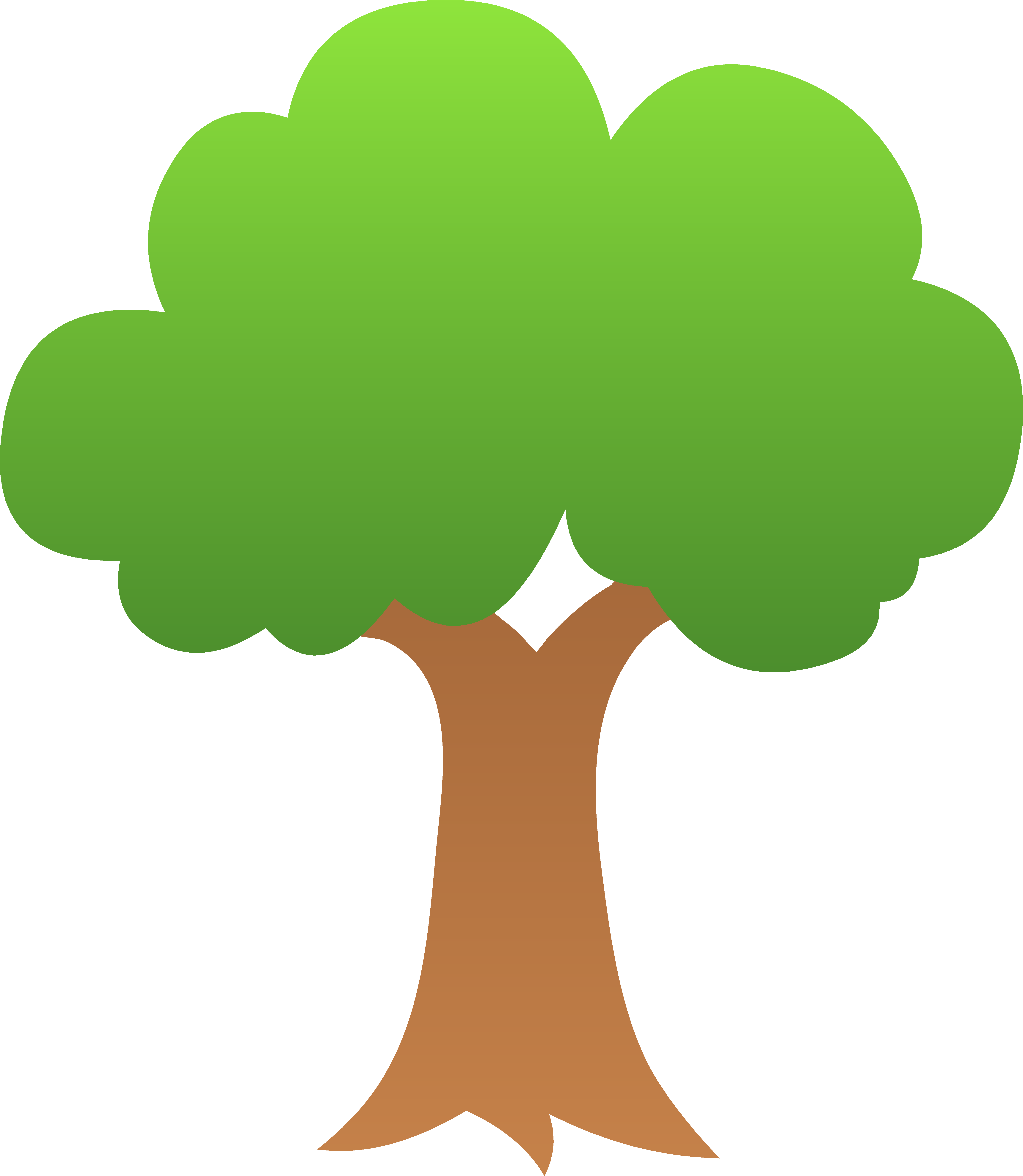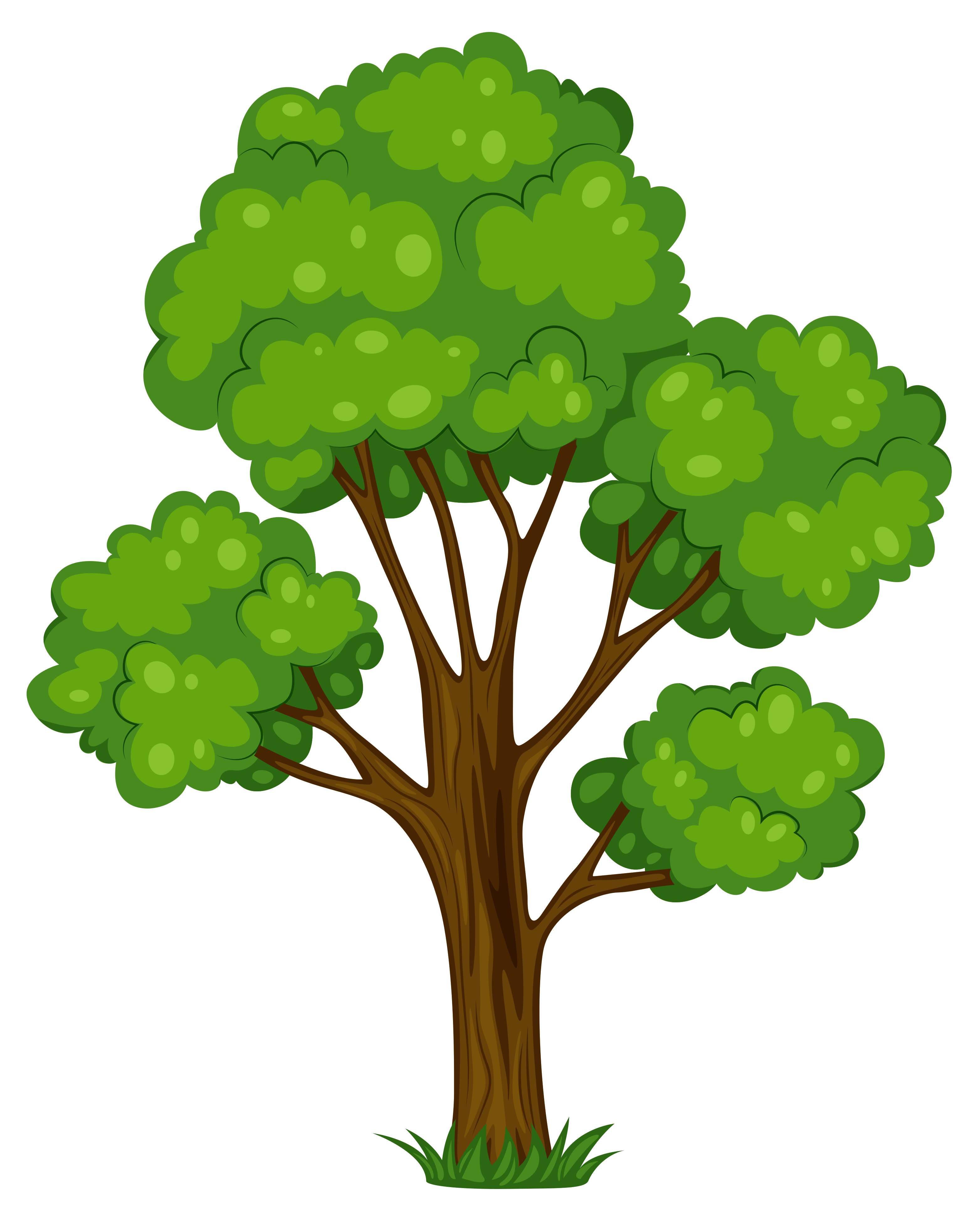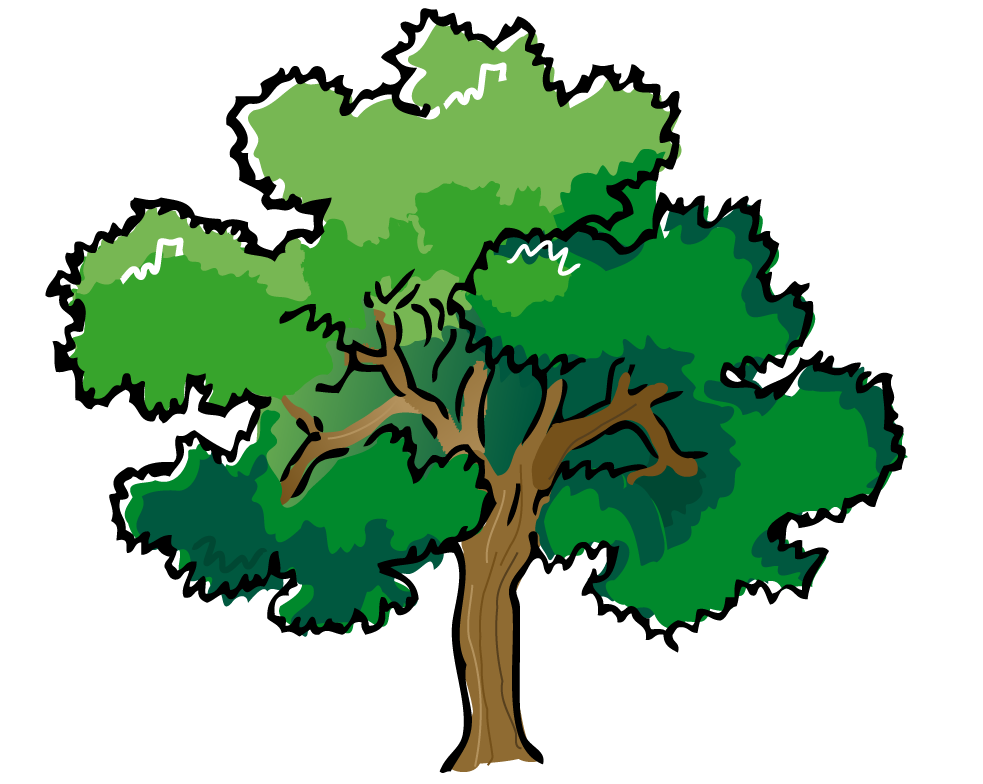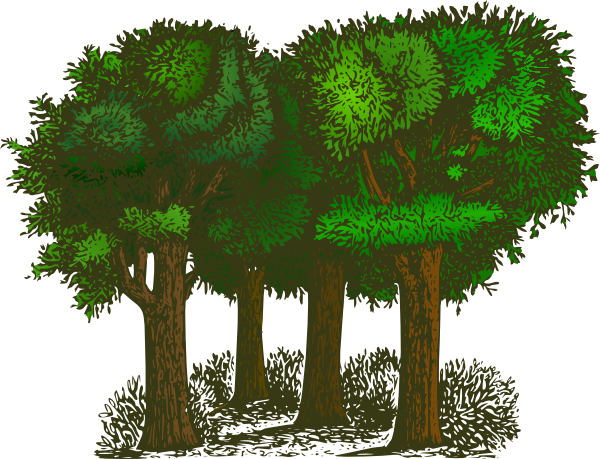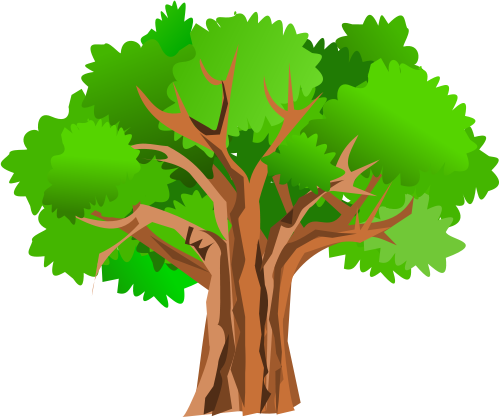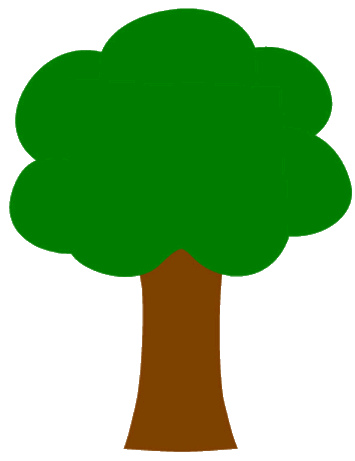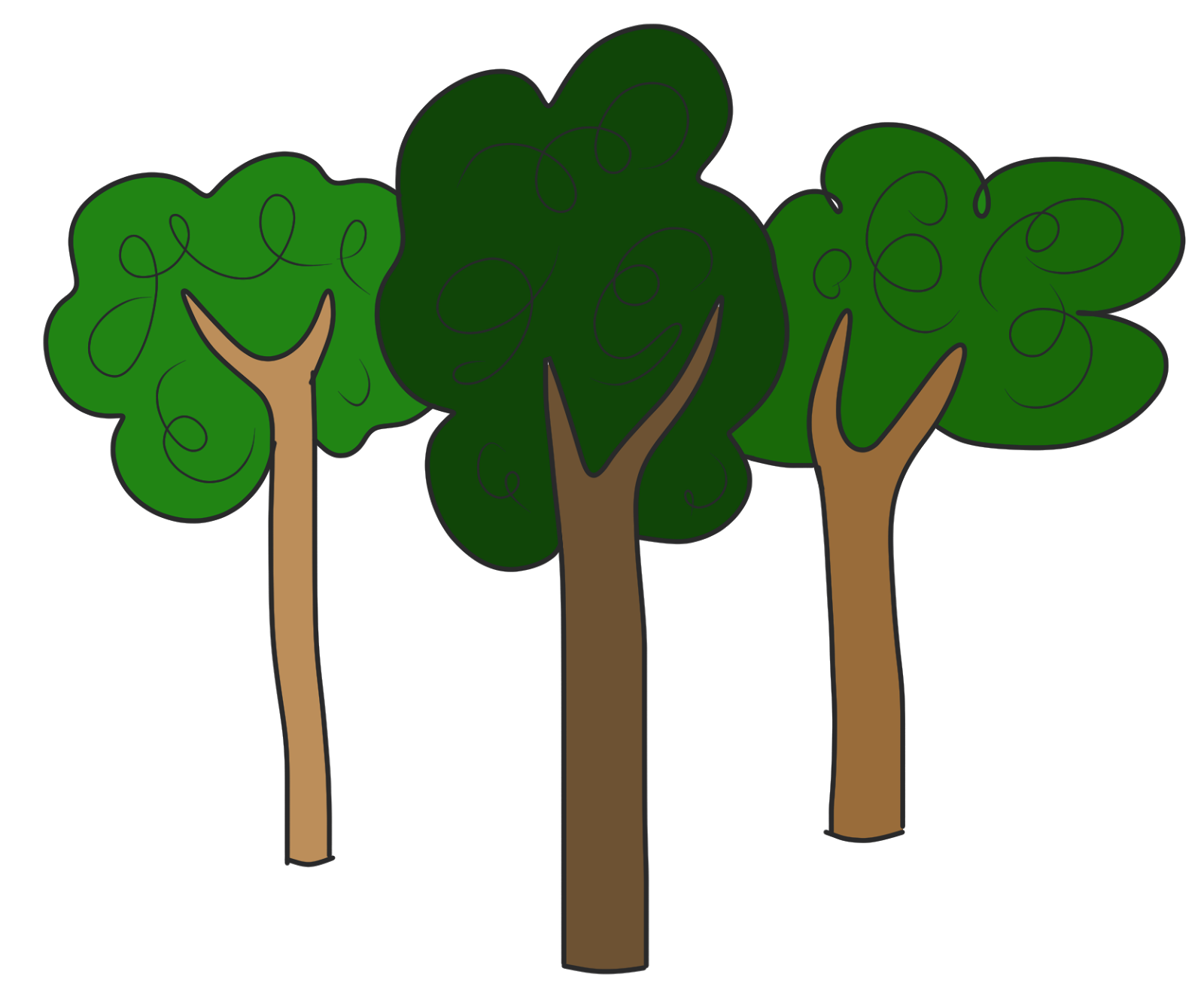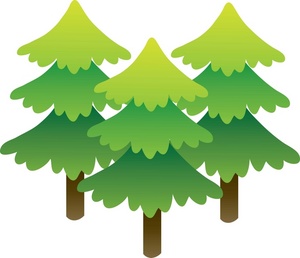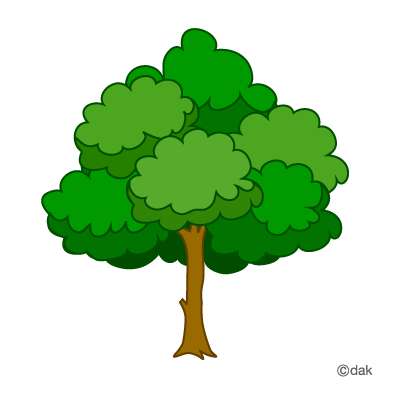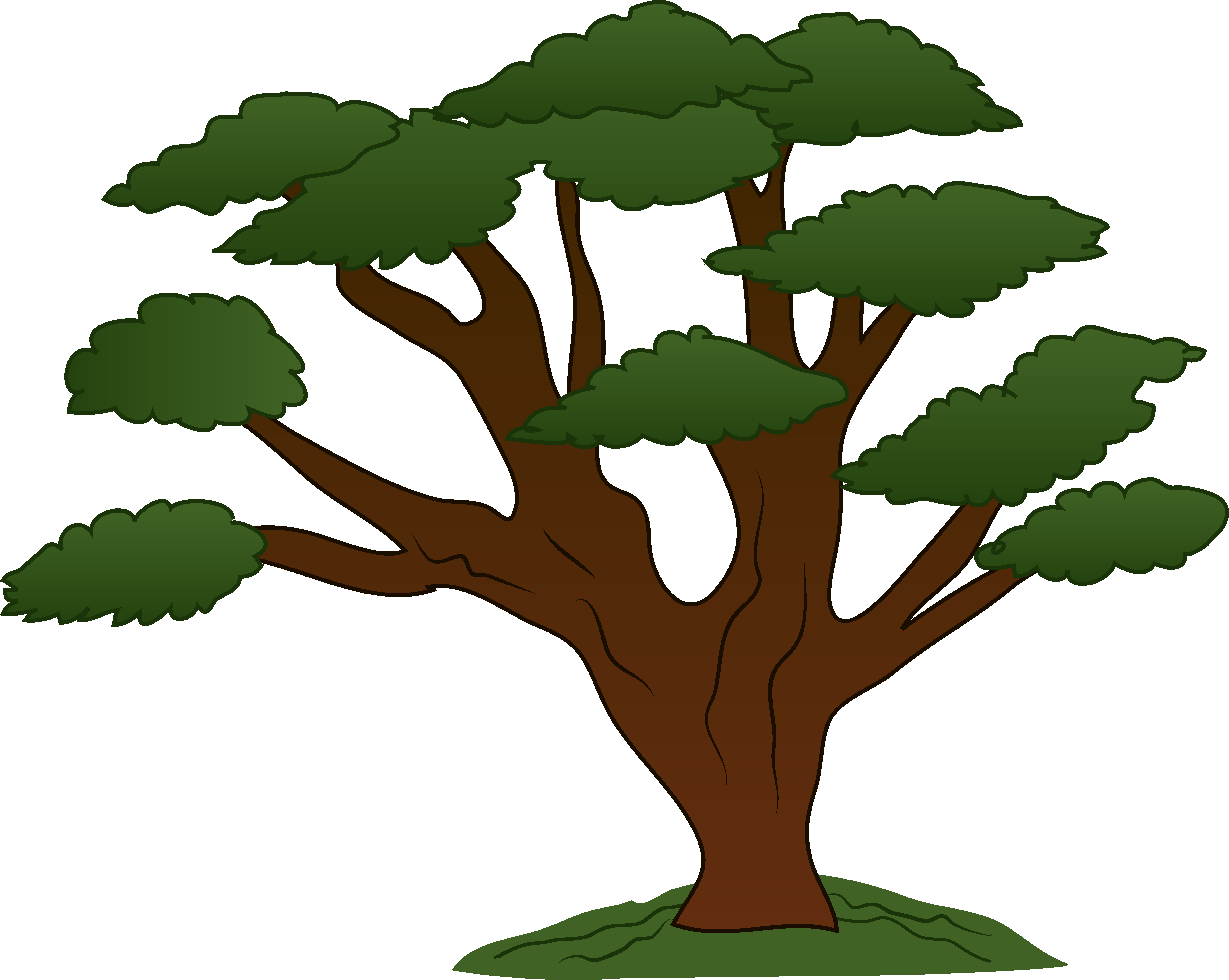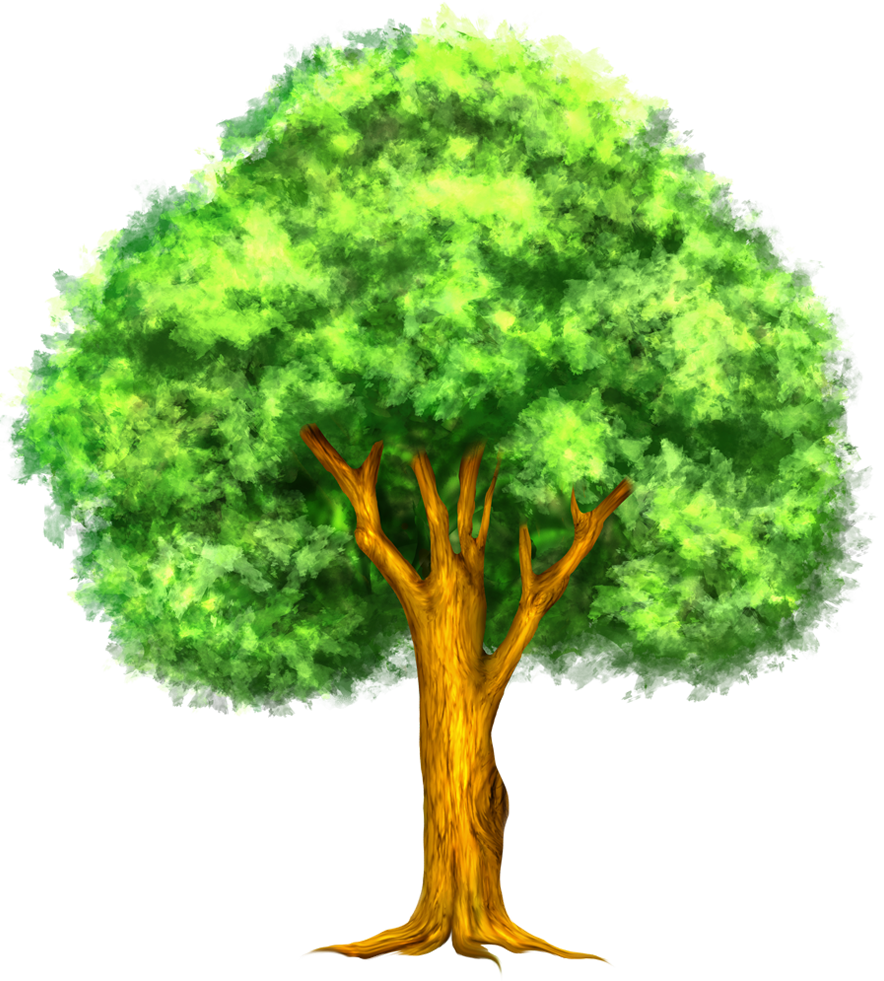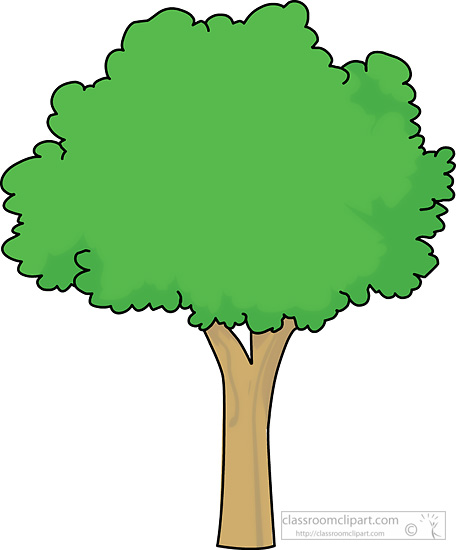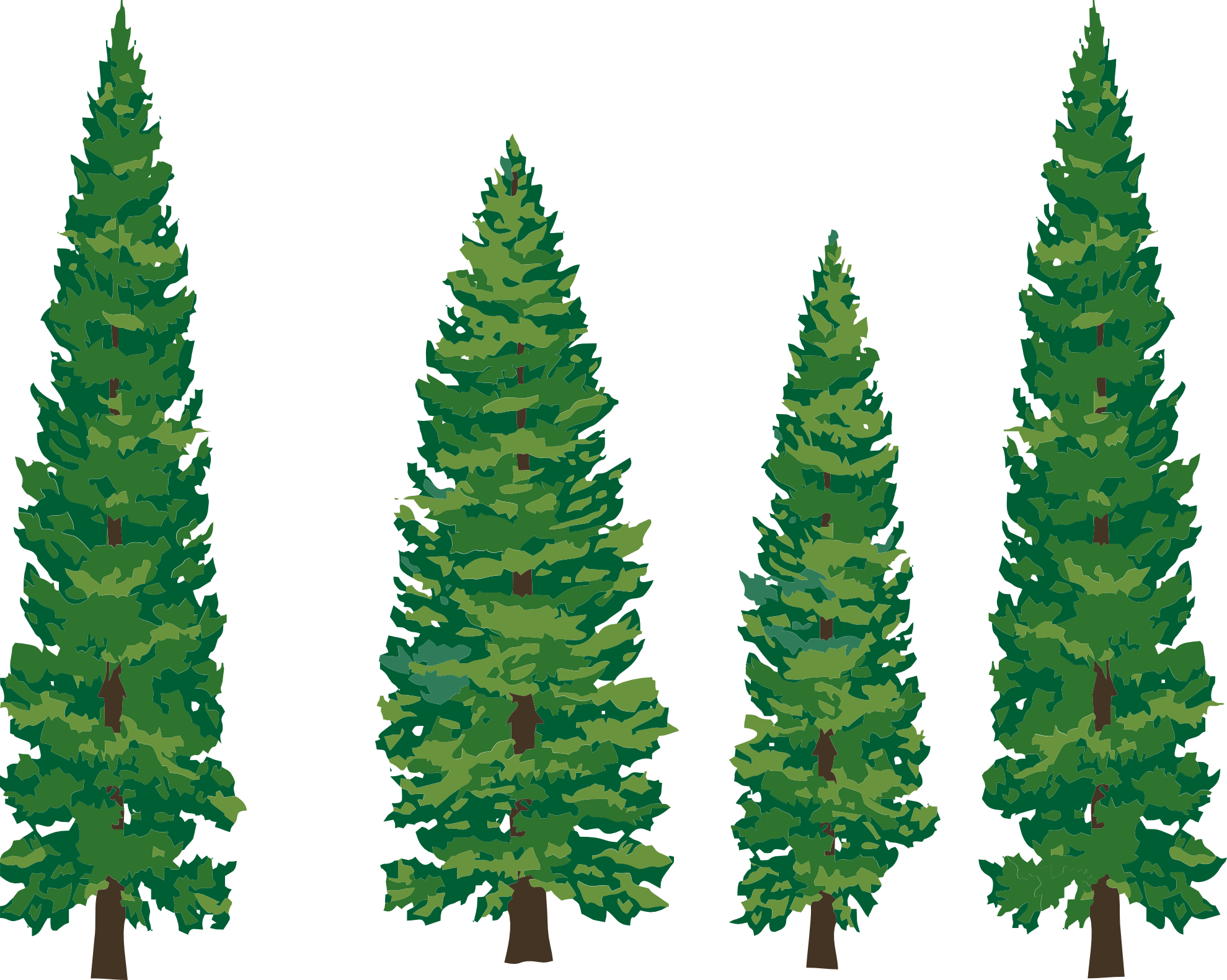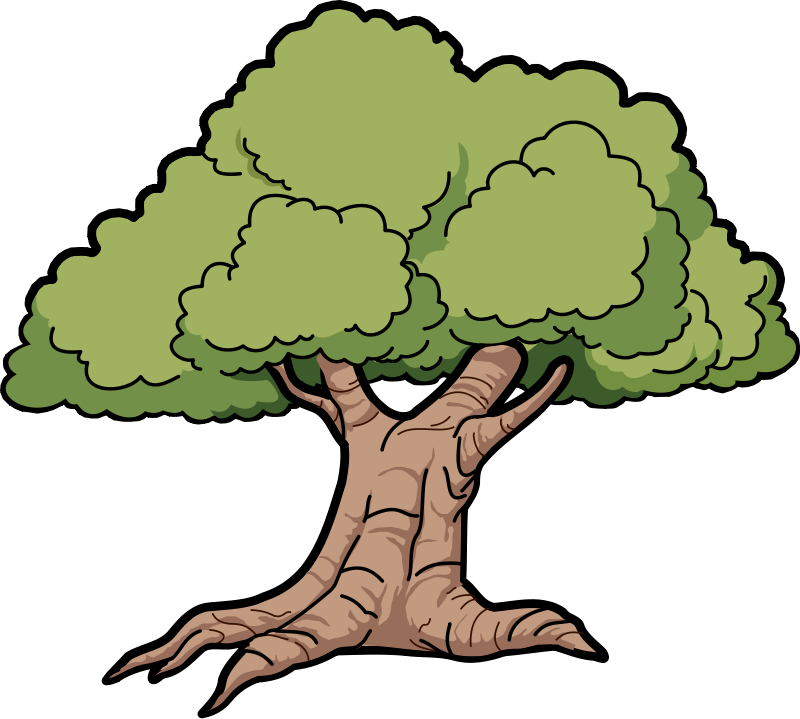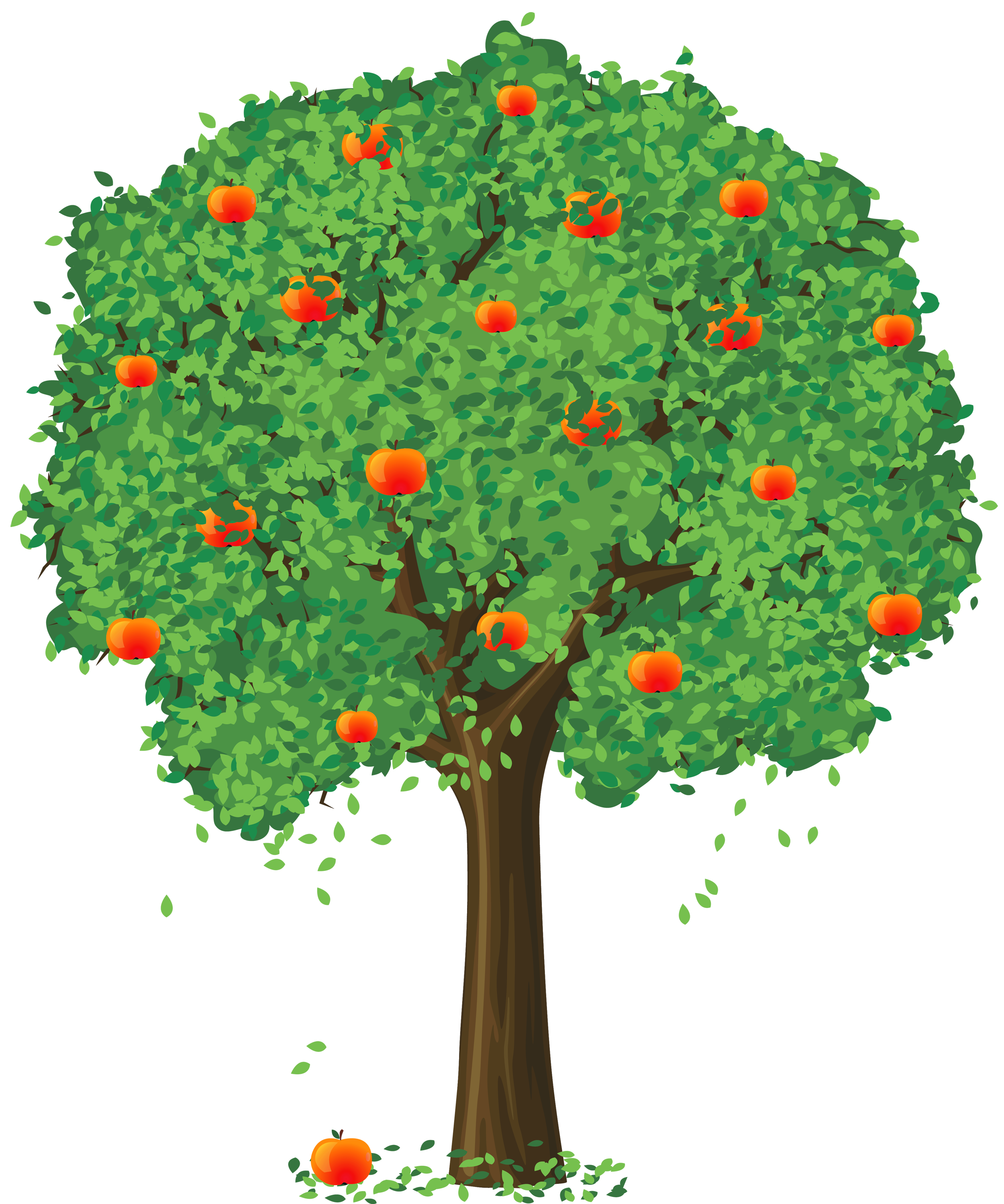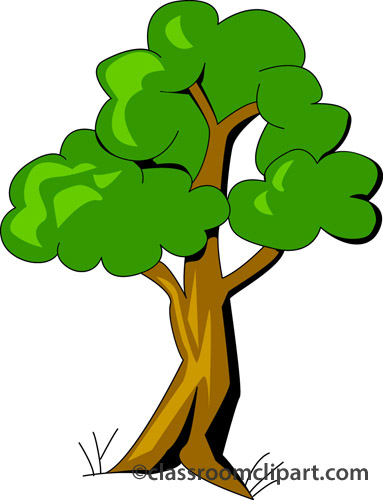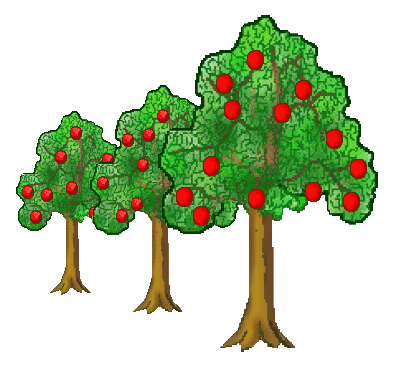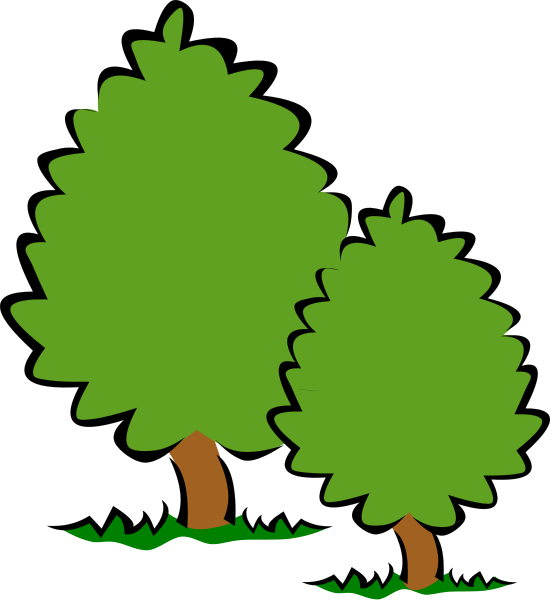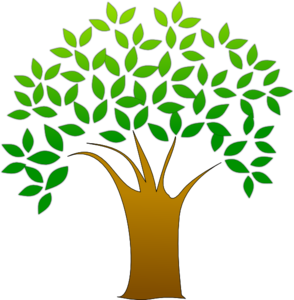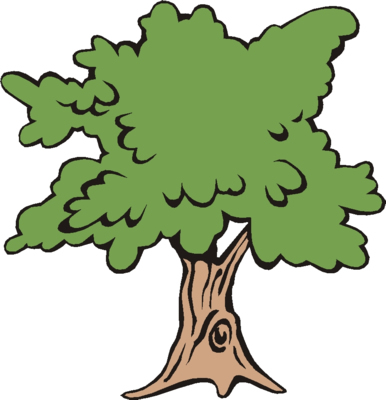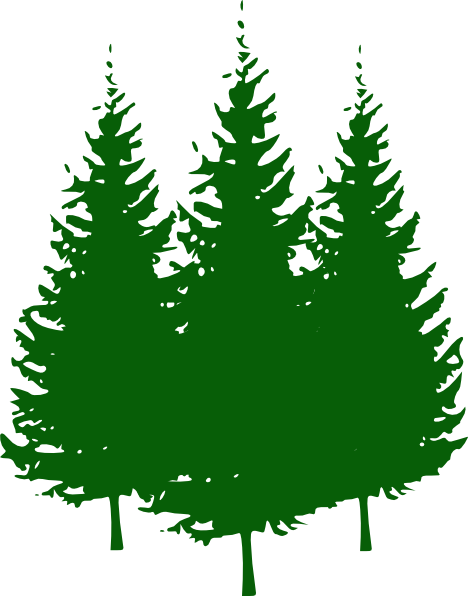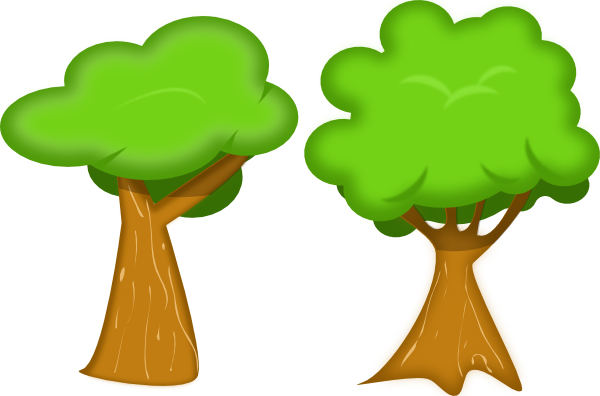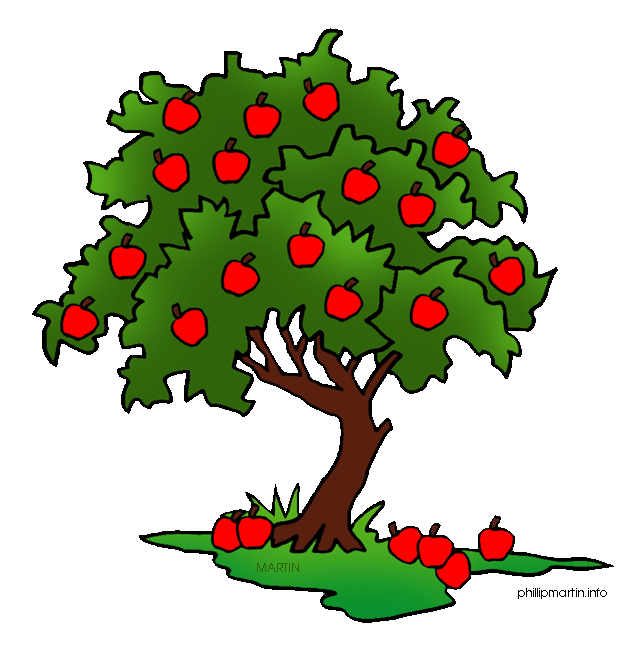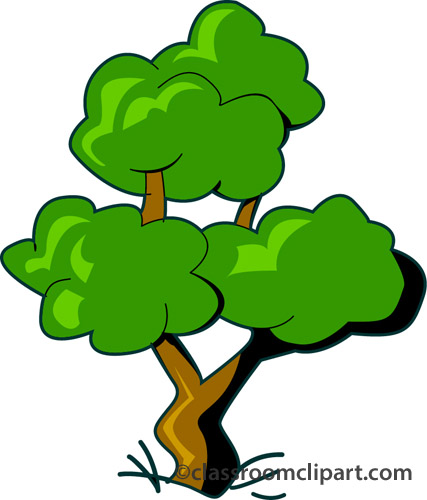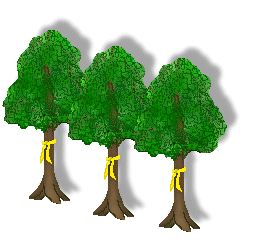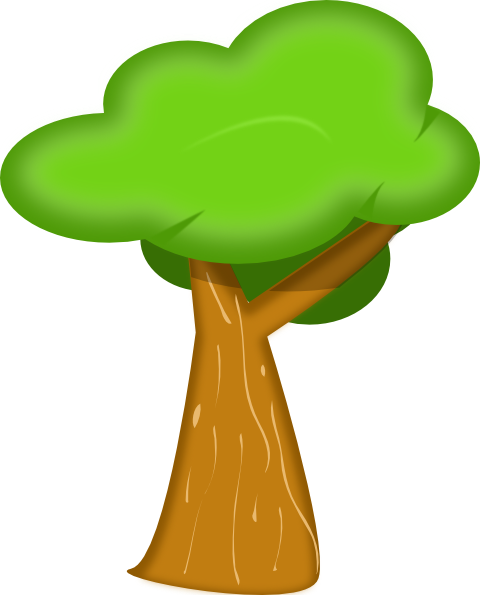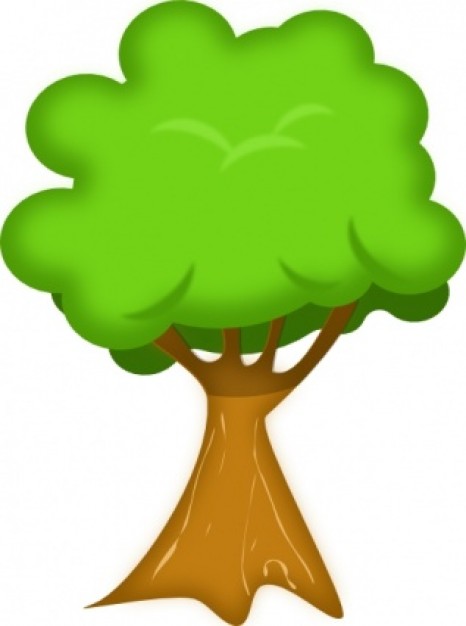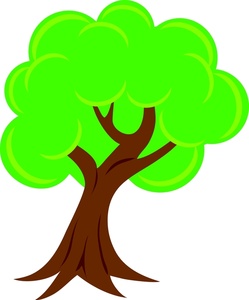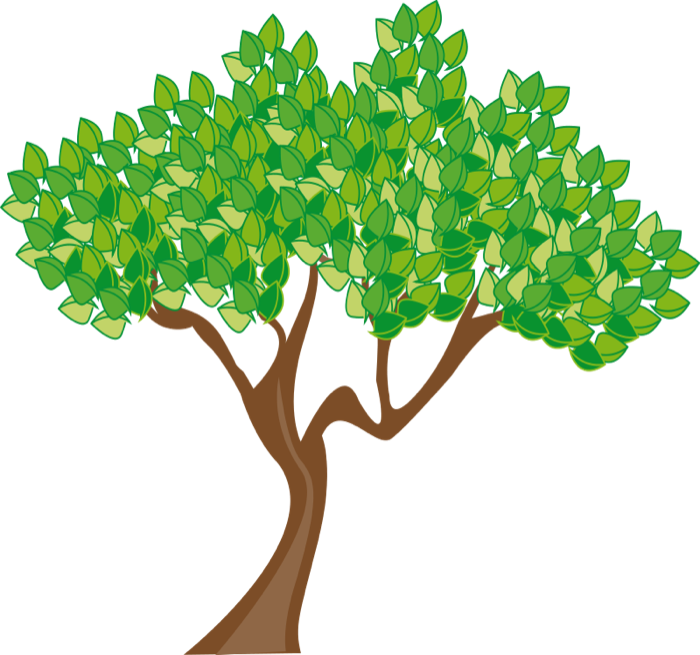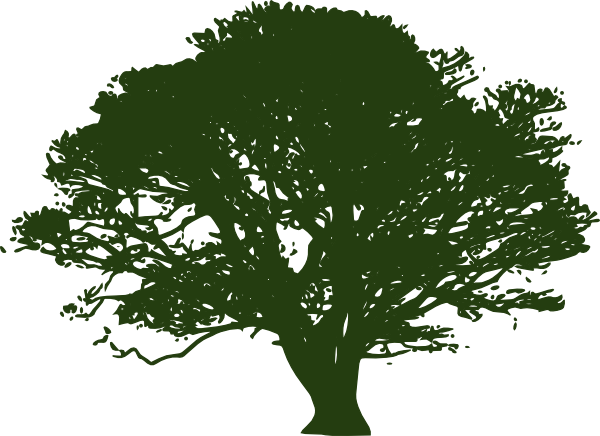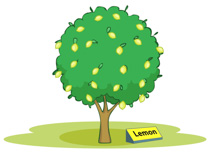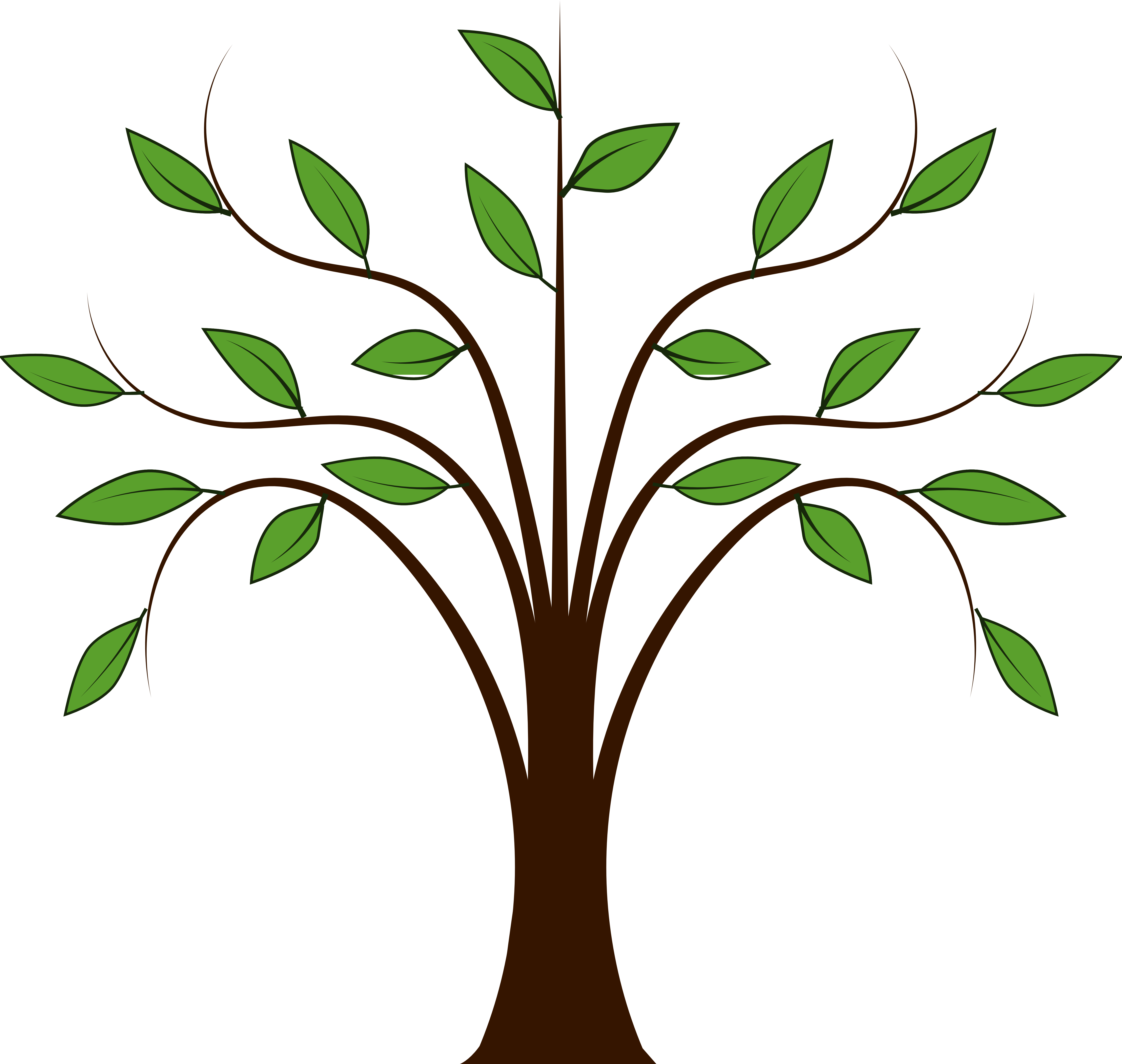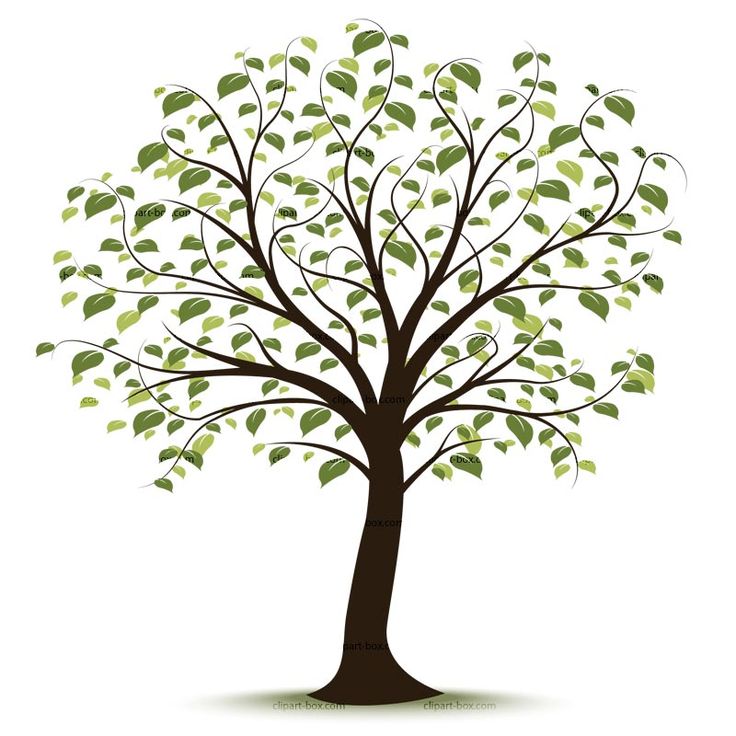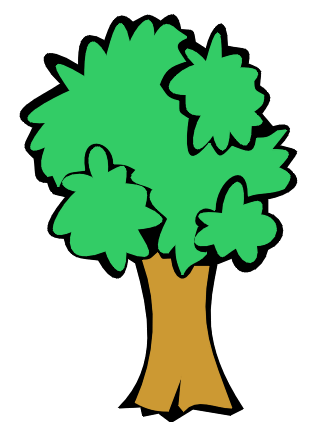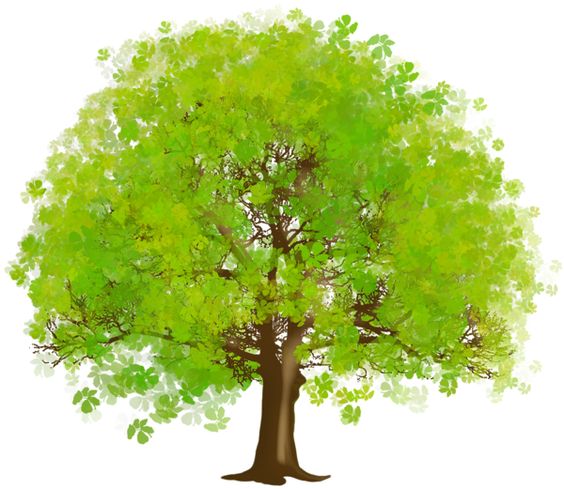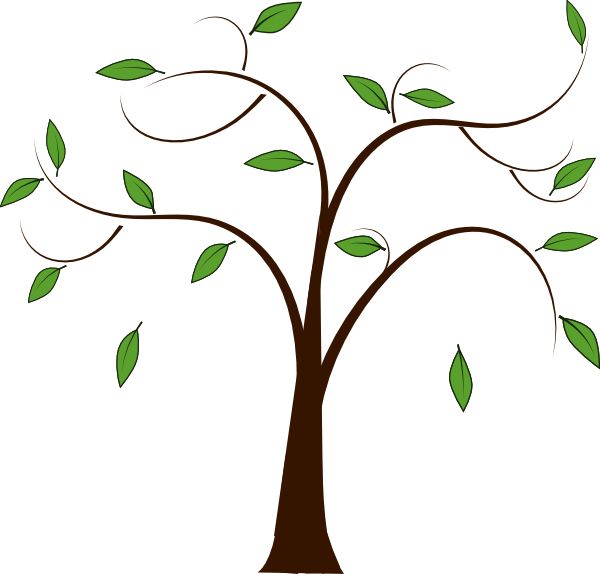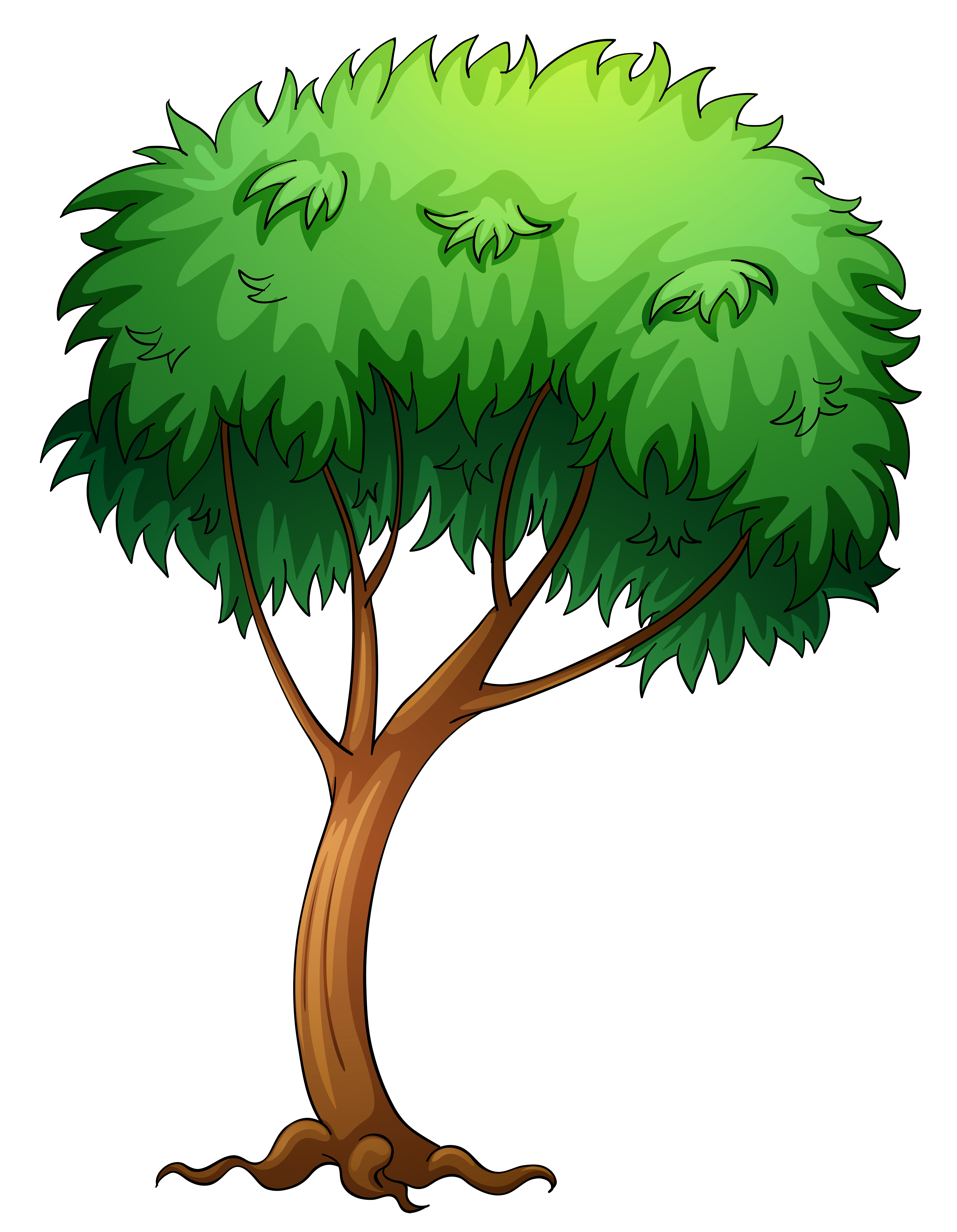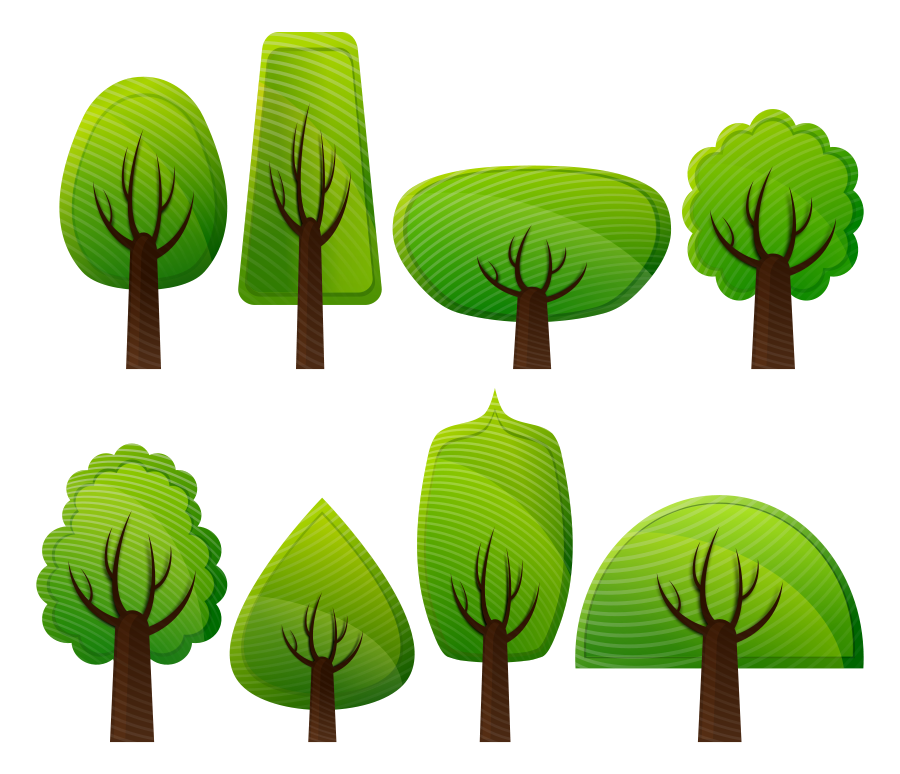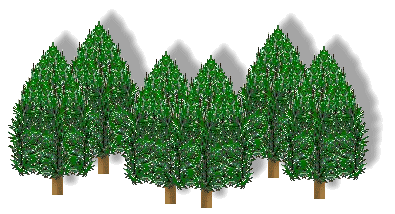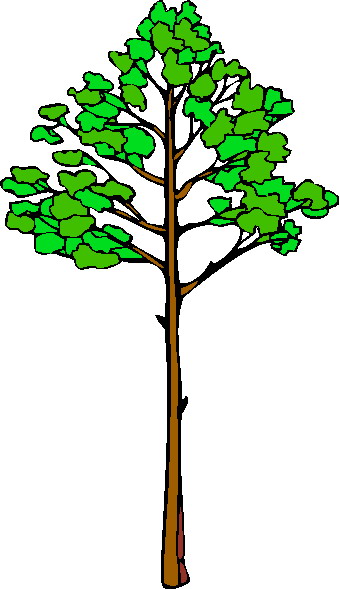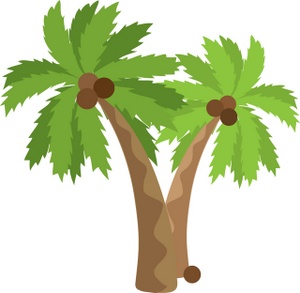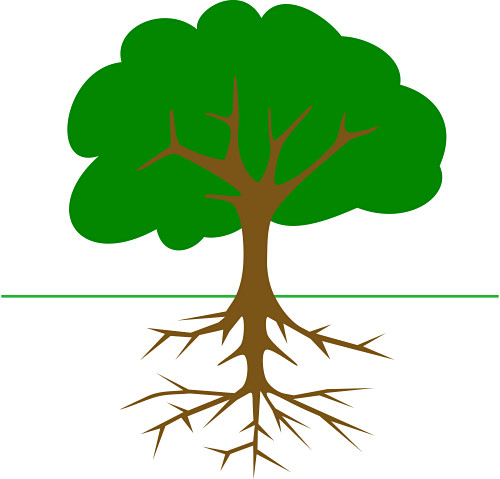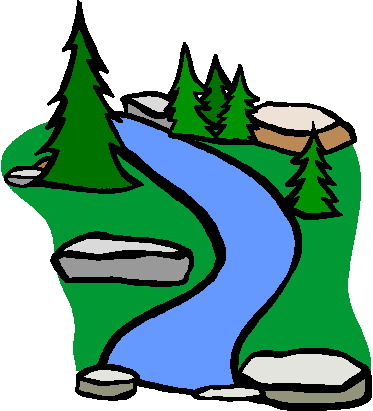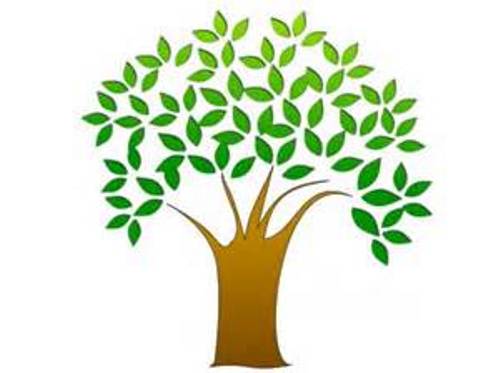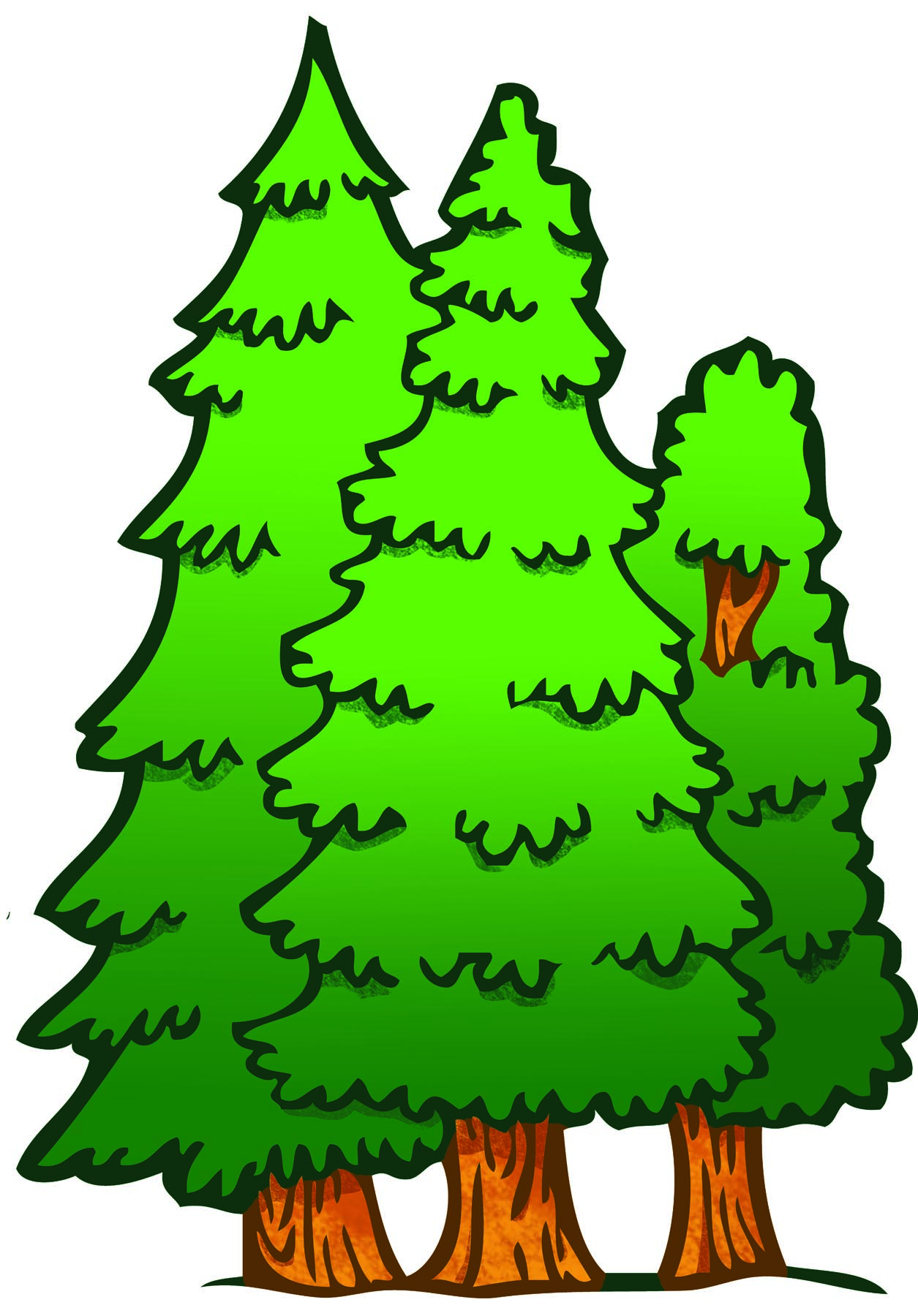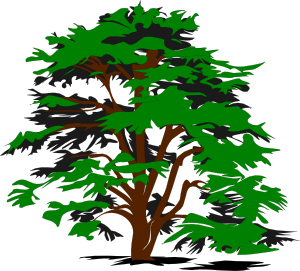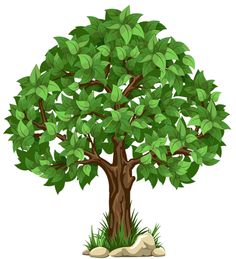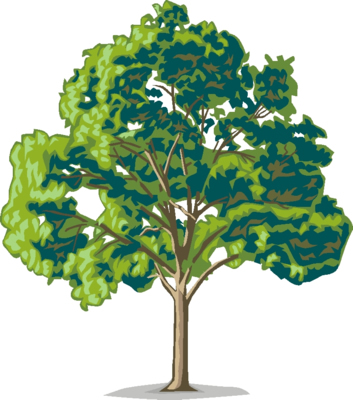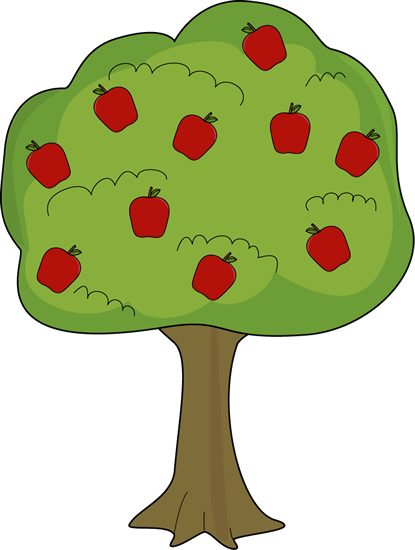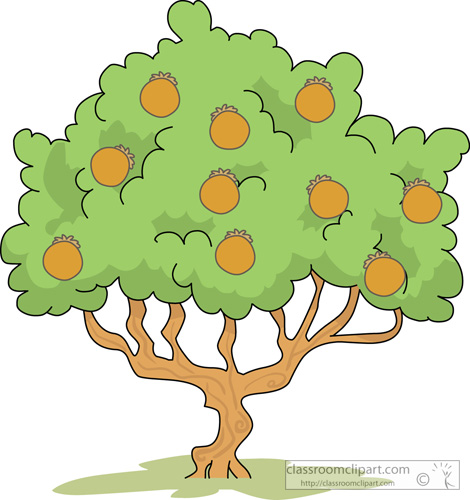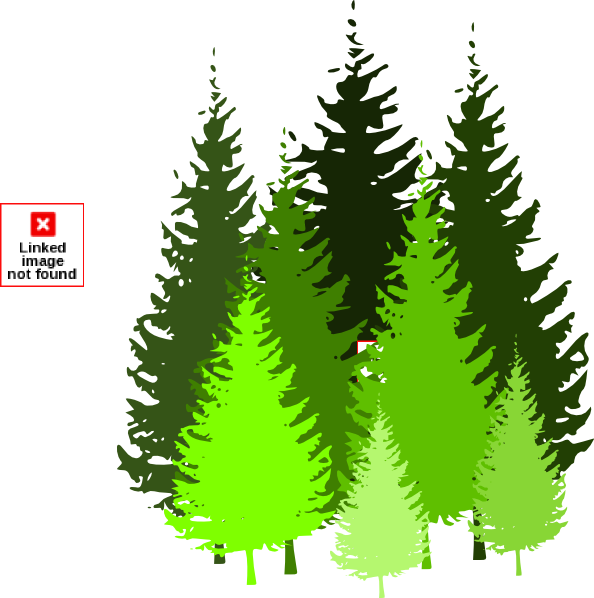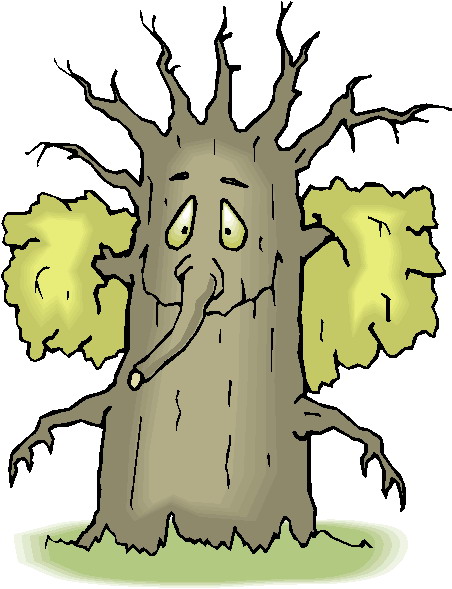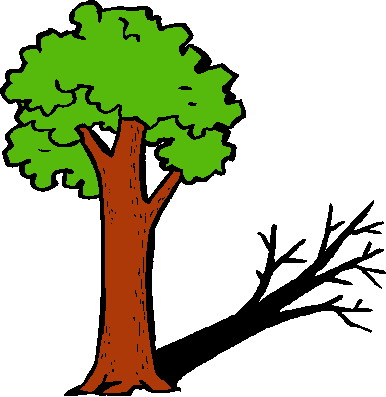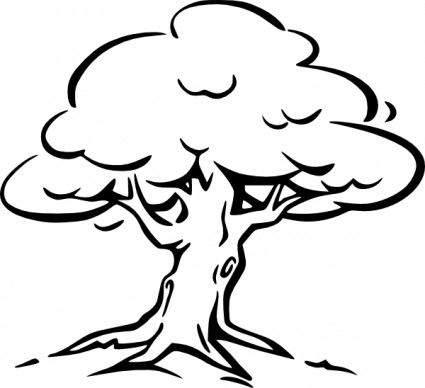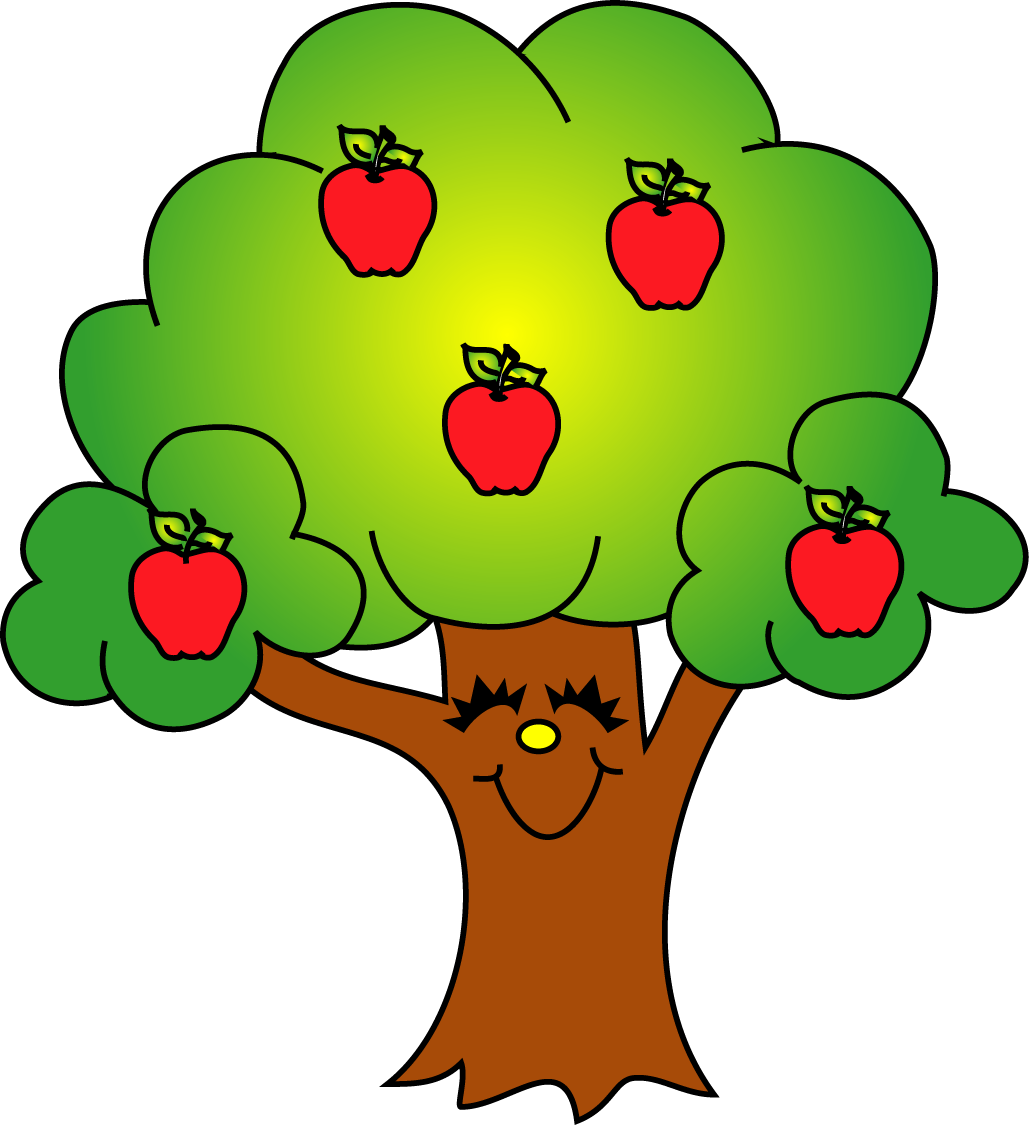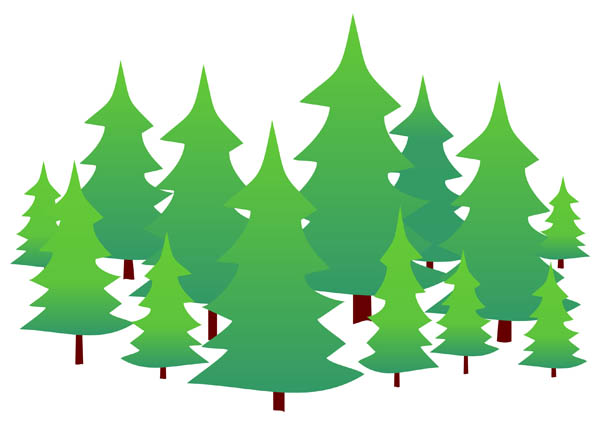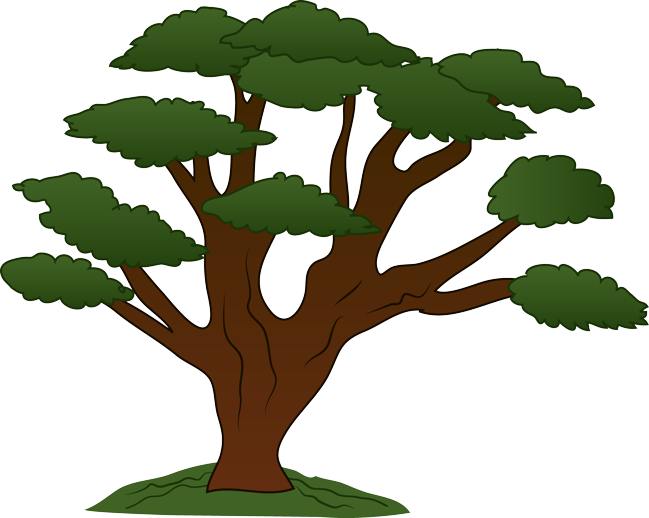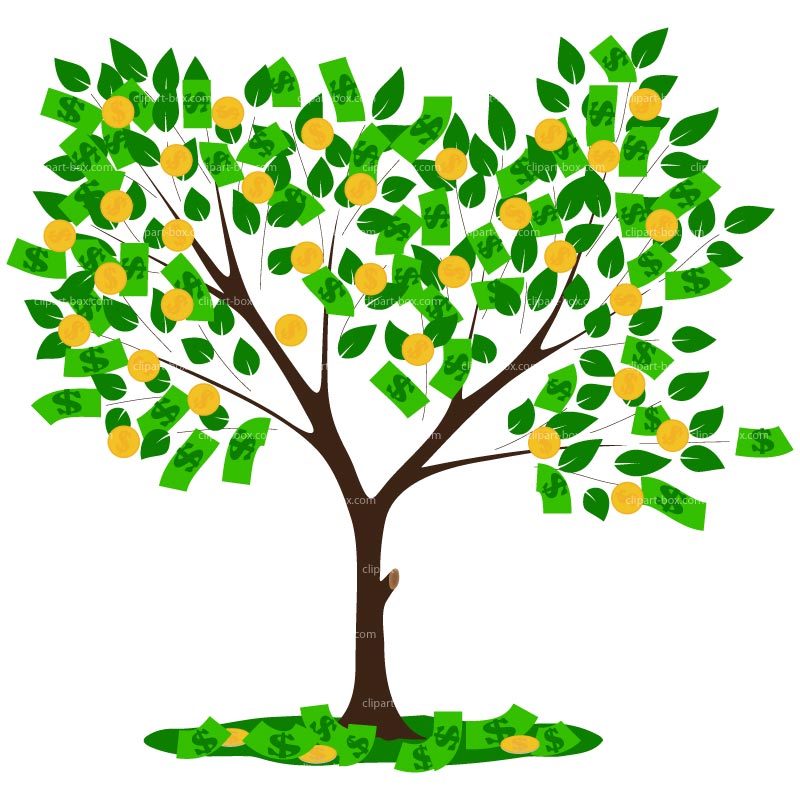Trees Clipart
While everyone recognizes a towering oak or wispy willow, scientifically what defines woody plants as trees?
Trees classify as perennial plants with elongated single stems supporting leafy branches crowns. Unlike shorter shrubs, tree trunks measure over 13 feet tall when mature featuring layers of tough vascular tissues conveying water and nutrients up from extensive root networks.
Trees also reproduce through seeds released from protective cones or fruiting bodies. Germinating as saplings given adequate light, trees outgrow competitors reaching skyward sunlight.
Common Tree Species
From leaf shapes to maturation speeds, types of trees diversify dramatically:
Oak – Stalwart shade providers growing up to 100 feet tall at slow paces
Maple – Gorgeous fall foliage turning vibrant red and orange hues before dropping
Pine – Evergreen conifers releasing winged seeds from towering cones
Apple – Blossoming fruit tree cultivars domesticated globally
Birch – White barked beauties with diamond leaf patterns
Palm – Tropical trunked trees boasting large fanlike frond leaves
Tree Life Stages
During immense life spans spanning centuries, tree cycles evolve:
Seed – Miniature embryonic plant enclosed protectively
Germination – Early sprouting phase where environmental advantages maximize sapling success
Sapling – Juvenile stage with soft bark and few low branches
Mature – Full height and yearly reproductive phases with peak foliage
Old – Deteriorating vigor as logs hollow and canopies thin from disease or lightning strikes
Dead – Life processes cease yet still provide habitats before decomposing nutrients fertilize future forests
Importance of Trees
Beyond beautiful biodiversity, trees crucially support:
Clean Air – Absorbing carbon emissions while generating oxygen through photosynthesis
Wildlife Habitats – Feeding insects, birds, and mammals across interwoven ecological networks
Soil Health – Anchoring topsoil erosion with roots while fallen leaves and needles enrich fertility
Climate Regulation – Transpiring water cycles creating clouds while providing cooling shade canopy coverage
Mental Health – Reducing stress through relaxation under their graceful presences
Tree Care
Supporting trees flourishing means:
- Weeding – Eliminate choking undergrowth
- Mulching – Insulate soil moisture retention
- Pruning – Strategic branch removal shapes structure
- Pest Management – Identify and counter diseases or invasive insects
- Fertilizer – Boost nutrients in poor drainage areas
- Cabling – Reinforce weight distributions precariously leaning
That rewards efforts with theirPeak performance through attentive dedication.
Notable Historic Trees
Some trees gain fame through immense sizes at advanced ages or by marking famous events, like:
General Sherman – 100 ft wide, 275 ft tall giant Sequoia holding title of world’s largest by volume
The Tree that Owns Itself – White oak honored with deed ownership after neighbor property owner bequest protecting it
Anne Frank’s Chestnut Tree – A hopeful comfort she viewed outside attic hiding spot immortalized in her diary
Isaac Newton’s Apple Tree – Inspiring his theory of gravity after one fatefully bonked the physicist on his head
Washington Navel Orange – All sweet seedless eating oranges today descend as clones from this original 1873 mutated tree
These leafy legends rooted amazing achievements!
Trees in Art and Culture
Lacking literal fruits, creative interpretations culturally celebrate trees through:
- Sacred Meanings – Ancient world tree symbolizing universal interconnectivity or Jedi philosophy tapping “Living Force” energy
- Nature Poetry – Pastoral tributes lauding seasonal transformations like Joyce Kilmer’s “I Think I Shall Never See a Poem as Lovely as a Tree”
- Arboreal Art – Decorative still life oil paintings or symbolic watercolor forests translated nature’s balanced elegance into admiring expressions
- Family Trees – Genealogical records diagramming ancestries with leaf nodes representing generations
Trees muse imagination translating environmental excellence into cultural languages appreciating their gifts.
Tree Photography
Photographers utilitize trees both as:
Subjects – Hero centering tree individuals against idyllic backdrops or framing architectural structures behind
Scenes – Forest settings emphasizing brilliant fall colors, orderly orchards, or layered depth perception play inside canopy contexts
Either isolating details or incorporating environmental shots, tree photography catalogs arboreal beauty professionally!
Tree Clipart Designs
Stylistically tree graphics abstract nature’s designs through:
- Cartoon saplings – Friendly faces on trunks with cute leafy hair dos
- Silhouette branches – Graceful papercut outlines of common species against white space
- Rainbow palette leaves – Bold colors replacing realist fallen foliage
- Fairytale forms – Enchanted glowing mystical forests or wise anthropomorphic tree beings (like Groot or Treebeard)
Digital artists distill essential elements elevating tree subjects through imaginative interpretations!
In this page clipartix present 73 trees clipart images free for designing activities. Lets download Trees Clipart that you want to use for works or personal uses.
